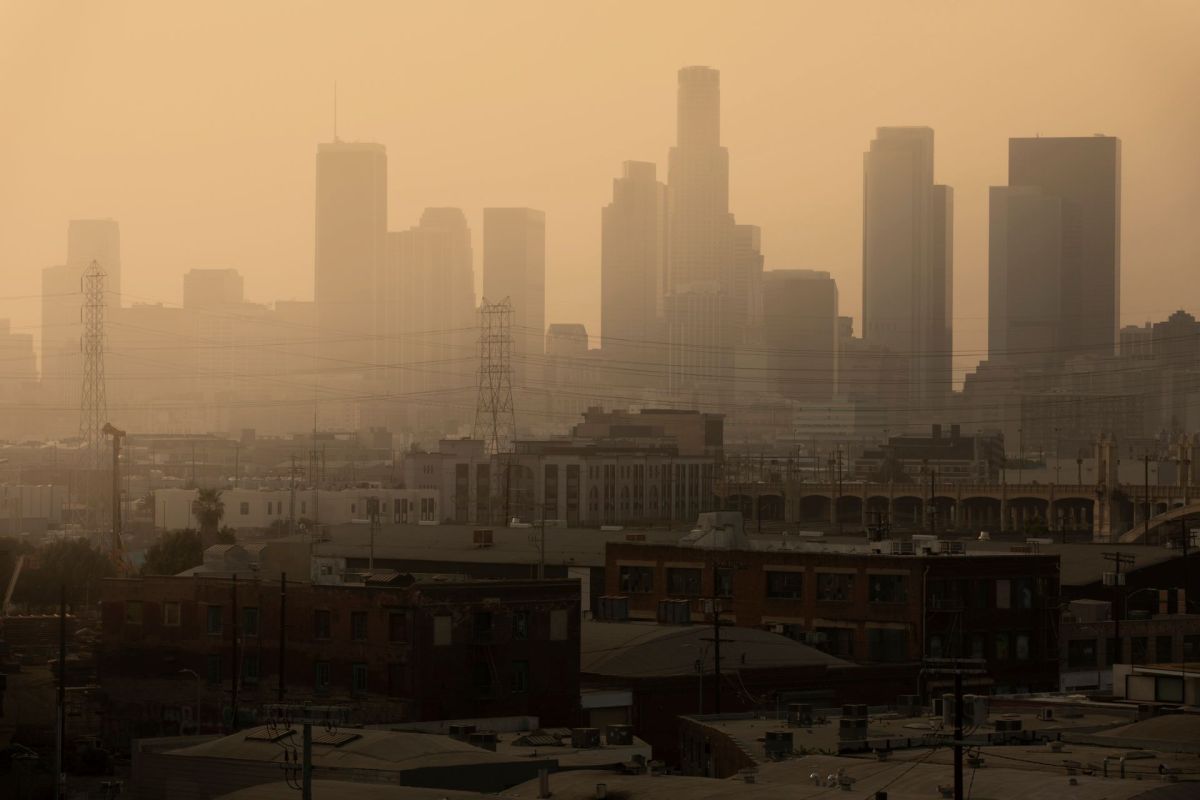A recent study from the University of California, Riverside (UCR) revealed that even without considering human sources of air pollution, natural air pollution will increase as the Earth gets hotter.
What's happening?
Over the last few hundred years, human activity has released many types of pollution into the atmosphere, including heat-trapping gases that make the world hotter. The air quality has gotten worse worldwide because of this issue.
Governments across the world have been working to reduce air pollution. However, recent findings from UCR researchers and colleagues showed that even without toxins and particulates from human sources, the air quality will continue to get worse if the temperature keeps rising. This is because of natural sources of air pollution.
The study predicted that if the average temperature rose four degrees Celsius (just over seven degrees Fahrenheit), natural sources of air pollution would get up to 14% worse.
The worst offender the study identified was, surprisingly, plants, which release "biogenic volatile organic compounds," meaning VOCs from a living source. UCR clarified that an ordinary yard doesn't cause health issues, and plants are overall good for air quality because they filter out pollution and heat-trapping gas. However, the effects of continued heating on plants across the whole globe would make air quality worse than it is now.
The study also pointed out that warmer temperatures are expected to produce stronger winds in the Sahara, which would kick fine sand particles into the air. These would reduce air quality across much of the world, including the eastern U.S.
One factor the study didn't account for was smoke from wildfires, which are also getting worse thanks to drought conditions.
Why does this air quality change matter?
All of this air pollution causes significant health risks. UCR reported that the factors included in the study cause infant mortality, childhood asthma, heart disease, and lung cancer. Unlike many human sources of pollution, like gas-powered cars, we can't just switch to a less polluting alternative.
"We are not looking at human emissions of air pollution, because we can change what we emit," lead author James Gomez told UCR. "We can switch to electric cars. But that may not change air pollution from plants or dust."
What can we do?
The only way to address this problem is by reducing how much heat-trapping carbon dioxide we produce worldwide.
"The more we increase CO2, the more [airborne pollutants with a diameter of 2.5 micrometers or less] we see being put into the atmosphere, and the inverse is also true. The more we reduce, the better the air quality gets," Gomez said.
World governments are currently hard at work reducing these planet-warming gases. Individuals can support eco-friendly policy changes to speed up these efforts.
Join our free newsletter for weekly updates on the coolest innovations improving our lives and saving our planet.









